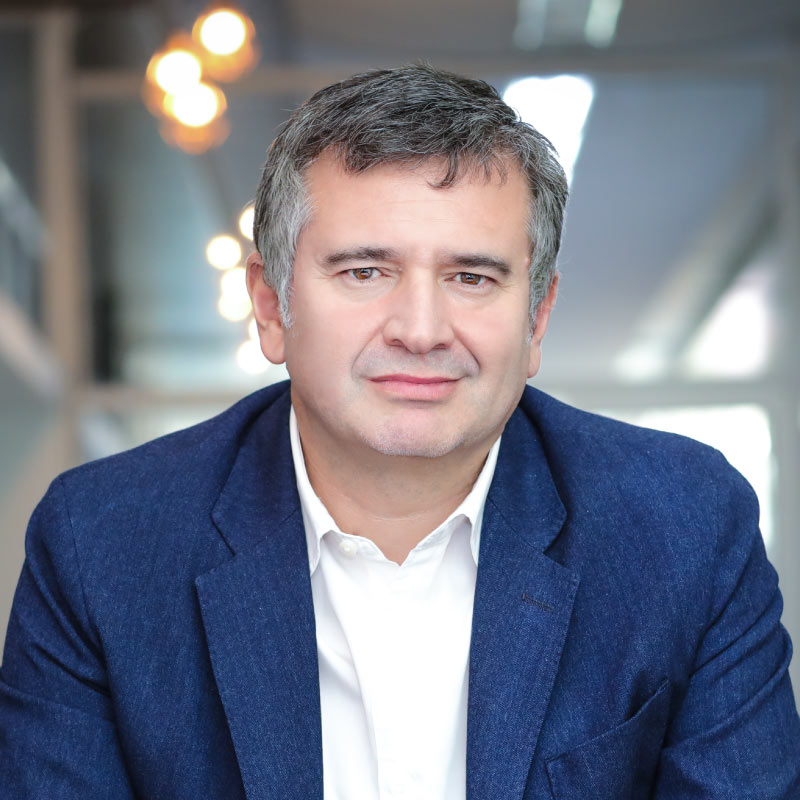The goal of this research is to conduct an empirical study on the effects of the segregation of high-skilled workers—workers with a university degree—on cities' labour productivity. Using data for US metropolitan areas, we find evidence of a positive impact. Exploring possible mechanisms, we find that clusters of high-skilled workers produce positive spillovers on high-skilled workers' productivity that more than compensate for the low-skilled workers' loss in productivity due to their exclusion. The latter is particularly valid in cities specialized in industries where the complementarity between these two kinds of workers in the city's production function is low, like technology or science. We use panel data and an IV approach as identification strategies. Results are robust to different specifications.
Segregation of high‐skilled workers and the productivity of cities
Regional Science Policy & Practice 13, pp. 1460-1478
Segregation of high‐skilled workers and the productivity of cities
Regional Science Policy & Practice 13, pp. 1460-1478
The goal of this research is to conduct an empirical study on the effects of the segregation of high-skilled workers—workers with a university degree—on cities' labour productivity. Using data for US metropolitan areas, we find evidence of a positive impact. Exploring possible mechanisms, we find that clusters of high-skilled workers produce positive spillovers on high-skilled workers' productivity that more than compensate for the low-skilled workers' loss in productivity due to their exclusion. The latter is particularly valid in cities specialized in industries where the complementarity between these two kinds of workers in the city's production function is low, like technology or science. We use panel data and an IV approach as identification strategies. Results are robust to different specifications.
